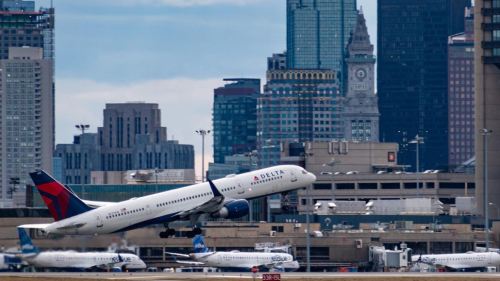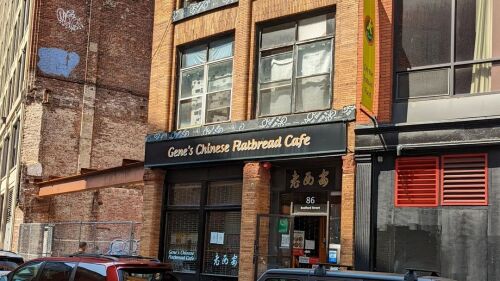On Wednesday, April 10, Mayor Wu presented her proposed $4.64 billion FY2025 budget to City Council during the City of Boston Budget Breakfast.
We’ve got a brief breakdown of the spending plans, but you can also view the full proposed budget.
Budget by category
Public education: ~39%
Public safety: ~17%
Fixed costs: ~15%
City departments: ~14%
Streets & public transportation: ~6%
Health insurance: ~5%
Public health: ~3%
By the numbers
What does funding for these categories look like in real life? If approved, the budget will include funding towards projects like these:
- $40 million to build on dedicated funding for housing programs like homelessness prevention programming + housing vouchers
- $1 million to support rental assistance and decarbonization efforts
- $1.3 million for 12 new EMTs
- $1 million to support low-threshold housing, substance use treatment, and mobile outreach teams
- $20 million to support school-based investments in inclusive education, like additional support for children with special needs + those learning English
- $500,000 to support community connection services for older adults
- $200,000 to support emergency preparedness for climate change, in particular an update to the climate action plan
- $735,000 to support additional staff + maintenance of Franklin Park, including a new park administrator and full maintenance crew
- $3 million to support streamlining the city’s licensing and permitting process
An 8% increase
The proposed budget reflects an 8% increase over FY2024’s operational budget.
A chunk of that increase comes from the creation of a new official city planning department and reflects funding that will be transferred from the Boston Planning & Development Agency to fund the new department.
25% of that increase is dedicated to education, including Boston Public Schools and Charter School Tuition Assessment + 28% is going toward the collective bargaining reserve.
The increase will also go towards inflationary growth of departmental expenses, strategic investments, and fixed costs of pensions and debt service.











